
The International Maritime Organization (IMO) has set the global shipping industry on a course toward net-zero emissions by around 2050, backed by binding interim checkpoints of 20–30% emissions reductions by 2030 and 70–80% reductions by 2040, relative to 2008 levels. To achieve this, the IMO is finalizing two cornerstone measures:
- A Fuel GHG-Intensity Standard – requiring vessels to progressively switch from conventional heavy fuel oil to cleaner, low-carbon, and ultimately zero-emission fuels (such as green methanol, ammonia, or hydrogen derivatives).
- A Global Economic Measure (Levy or Pricing System) – expected to introduce a carbon cost on shipping emissions, generating revenues that could reach billions annually. These revenues are intended to fund decarbonization and support vulnerable economies.
Both measures are scheduled for adoption in late 2025 and will enter into force by 2027.
Why this matters for Ghana?
Ghana’s energy system is already under pressure from rising demand, thermal dependence, and high electricity costs. The IMO’s shift towards net-zero emissions means Ghana’s ports at Tema and Takoradi must prepare for shore power infrastructure and new bunker fuel supply chains. Without integrating renewables into the grid, supplying shore power could inadvertently increase emissions rather than reduce them. At the same time, investments in alternative fuels such as ammonia, hydrogen, or methanol could reposition Ghana as a leading fuel hub in West Africa, but failure to act risks marginalizing its ports in favor of regional competitors. As an oil and gas producer, Ghana also faces a natural gas dilemma: how to leverage its hydrocarbon sector for growth while avoiding stranded assets in an era of rapidly accelerating green fuel adoption.
This energy transition intersects with Ghana’s broader diplomatic posture and foreign policy. Ghana’s foreign policy is rooted in Pan-African solidarity, multilateralism, and economic diplomacy. The IMO’s proposed global carbon levy will likely raise shipping costs for African exporters, intensifying Ghana’s role in advocating for equitable mechanisms that protect vulnerable economies. Ghana must also prioritize capacity-building and technology transfer, strengthening its maritime services and inspection regimes to meet new compliance standards. By assuming a leadership role within Association of African Maritime Administrations (AAMA), Ghana can shape Africa’s collective stance in IMO negotiations. Proactive engagement on this front will enhance Ghana’s diplomatic profile, attract climate finance, and position the country as a bridge between Africa and the global maritime governance system.
Economically, the stakes are equally high. Ghana’s economy is heavily reliant on maritime trade, with cocoa, gold, oil, bauxite, aluminum, and manufactured goods all moving through Tema and Takoradi. The IMO’s measures will directly affect the cost structure of this trade. A global carbon levy could raise freight rates, undermining the competitiveness of cocoa and other agricultural exports that are already exposed to volatile global markets. On the import side, higher shipping costs could increase the landed price of petroleum products, machinery, and consumer goods, placing additional strain on households and industries. Yet, the transition also offers opportunities. By aligning with IMO rules and investing in low-carbon port infrastructure, Ghana can attract global shipping lines seeking compliant hubs, develop green fuel supply chains, and stimulate new industries around renewables, ship repair, and retrofit services.
In this sense, the IMO’s decarbonization drive is not merely a shipping issue but a national development challenge that cuts across energy security, foreign policy, and economic competitiveness. For Ghana, the choice is clear: act early, align strategy, and seize the opportunities of the maritime green transition or risk falling behind in a rapidly transforming global trade system.
Ghana’s Energy Policy and the IMO’s Shipping Transition
Ghana’s response to the International Maritime Organization’s (IMO) decarbonization agenda cannot be separated from its own national energy strategy. As shipping moves towards net-zero emissions, Ghana’s ports at Tema and Takoradi will need to provide clean electricity through shore power and green bunker fuels. This creates both opportunities and risks for Ghana’s energy mix, investment priorities, and port competitiveness.
In 2022, Ghana launched its National Energy Transition Framework (2022–2070), a long-term roadmap designed to cut emissions while ensuring economic growth, job creation, and energy security. The framework emphasizes expanding renewable energy such as solar, wind, hydro, and battery storage; promoting natural gas as a bridge fuel to phase down heavy liquid fuels; enhancing energy efficiency across power, industry, and transport; electrifying transport systems, beginning with road vehicles but extending to port operations; and creating green jobs through local content and industrial development. Although initially focused on domestic energy systems, this framework now has direct relevance to maritime decarbonization. Shipping will demand low-carbon ports equipped with renewable-based shore power and alternative fuels such as ammonia, methanol, or hydrogen—fuels whose viability depends on Ghana’s broader energy policy choices.
Despite these commitments, several systemic issues complicate the alignment between national energy transition goals and IMO shipping requirements. Over half of Ghana’s dependable power comes from gas-fired thermal plants. While natural gas stabilizes electricity supply, it raises carbon intensity—meaning that shore power supplied from today’s grid could still lock in high emissions, undermining IMO objectives. The Tema LNG terminal, delayed for years, was designed to strengthen energy security and industrial competitiveness. However, with the IMO’s pivot away from LNG as a viable long-term bunker fuel, the project risks becoming a stranded asset for maritime uses, though it may still serve domestic industry and power. At the same time, Tema and Takoradi ports already face high operating costs, partly due to expensive electricity. Without dedicated renewable power integration, introducing shore power could make Ghana’s ports less competitive compared to regional peers such as Abidjan or Lomé.
To turn shipping’s green transition into an opportunity rather than a cost, Ghana must strategically align port development with its broader energy policy. This means deploying solar and wind farms directly within or near port estates to ensure competitively priced, clean electricity, integrating battery storage for round-the-clock reliability, and leveraging private-sector investment under the Renewable Energy Act to scale projects quickly. Ghana must also begin pilot projects for green bunker fuels—including ammonia, hydrogen derivatives, and methanol—at Tema and Takoradi by 2025/2026, while encouraging joint ventures between the Ghana National Gas Company, the Volta River Authority, and international energy firms to build local production capacity. This would position Ghana as a West African green bunkering hub, able to compete with Namibia and South Africa in the emerging fuel economy.
Finally, stronger governance alignment is critical. The Energy Commission, Ministry of Energy, Volta River Authority, Electricity Company of Ghana, and Ghana Ports and Harbours Authority must coordinate policies on tariffs, grid upgrades, and port electrification. Blended tariff regimes will be necessary to make shore power affordable while sustaining utility revenues, and regulatory capacity must be built to track and certify maritime emissions reductions in line with IMO standards.
Diplomatic Posture and Foreign Policy
Ghana’s diplomatic posture and foreign policy are firmly anchored in Pan-African solidarity, multilateral cooperation, and economic diplomacy. Within this framework, the IMO’s proposed carbon levy presents both risks and opportunities that place Ghana in a pivotal position. By design, the levy will raise the cost of global shipping, disproportionately impacting African exporters whose economies are highly dependent on maritime trade but have limited capacity to absorb additional costs. For Ghana, where cocoa, oil, and gold form the backbone of export earnings, such measures could erode competitiveness unless corrective international mechanisms are put in place.
This reality elevates Ghana’s role as an advocate for equitable revenue recycling, ensuring that funds raised through a global shipping levy are not absorbed solely by developed economies but are reinvested in developing regions. For African ports such as Tema and Takoradi, this could mean targeted financing for renewable energy integration, green bunkering infrastructure, and digital systems that enable compliance with IMO rules. Ghana’s ability to champion this cause aligns with its broader foreign policy principle of protecting Africa’s development interests within global governance structures.
Equally, Ghana’s diplomatic agenda must focus on capacity-building and technology transfer. Compliance with future IMO standards will require new skills in emissions monitoring, digital inspection regimes, and fuel-handling for alternative energy carriers. As part of its economic diplomacy, Ghana can push for international partnerships that deliver training, technical expertise, and financing—ensuring its maritime workforce and institutions are not left behind in the shipping industry’s green transition.
Finally, Ghana has an opportunity to step into a role of regional leadership. By leveraging its standing within Association of African Maritime Administrations (AAMA), Ghana can help forge a unified African position on IMO negotiations, strengthening the continent’s bargaining power. Acting as a spokesperson for West Africa, Ghana can advocate for pragmatic timelines, fair financing arrangements, and measures that balance global decarbonization goals with Africa’s urgent need for trade-driven development. This leadership not only serves continental solidarity but also enhances Ghana’s diplomatic influence on the global stage, positioning it as a bridge between Africa and the wider maritime governance community.
Economic Policy and Competitiveness
Ghana’s economic policy is anchored in sustaining macroeconomic stability, structural transformation, and export-led growth, while ensuring that investments drive job creation and industrialization. Ghana’s economy is deeply tied to maritime trade, with its ports at Tema and Takoradi serving as gateways for exports such as cocoa, gold, oil, bauxite, aluminum, and an increasing volume of manufactured goods. The IMO’s greenhouse gas reduction measures—including a global carbon levy and stricter emissions standards—will reshape shipping economics worldwide, with direct consequences for Ghana’s trade flows and competitiveness.
On the export side, a carbon levy risks increasing freight costs on goods like cocoa and other agricultural commodities, which are price-sensitive in global markets. Ghana’s farmers and exporters could see reduced margins, especially when competing with countries that benefit from shorter shipping distances or subsidized logistics. Similarly, mineral exports such as gold and bauxite could become less competitive if transportation costs rise significantly, reducing Ghana’s share in global supply chains.
Imports also face potential cost pressures. Ghana relies heavily on maritime transport for petroleum products, industrial machinery, vehicles, and consumer goods. Higher shipping costs would likely raise the landed prices of these essential imports, creating inflationary effects across the economy. For households, this could mean higher prices for fuel and basic goods, while industries may face increased operating costs that affect productivity and job creation.
Yet, the transition also presents new industrial opportunities. By aligning early with IMO standards, Ghana could position itself as a regional hub for green shipping. Investment in port electrification, renewable-powered shore connections, and green bunker fuel supply (ammonia, hydrogen, methanol) could attract major shipping lines seeking compliant, low-emission ports in West Africa. This would not only secure Ghana’s maritime relevance but also generate new revenue streams through fuel supply, vessel servicing, and logistics.
Additionally, Ghana’s ship repair and retrofit sector could benefit from rising global demand for emissions-reducing upgrades. With proper policy incentives, Tema Shipyard and related facilities could expand their capabilities to service vessels adopting new technologies. In this way, the IMO’s measures, while creating cost challenges, could catalyze new industries around clean energy, port services, and maritime technology—enhancing Ghana’s long-term competitiveness if supported by coordinated energy, trade, and investment policies.
The IMO’s decarbonization agenda is more than a regulatory shift—it is a structural transformation of global trade that will test Ghana’s resilience across energy, diplomacy, and economic policy. For Ghana, the path forward requires early action: integrating renewables into the energy mix, positioning Tema and Takoradi as competitive green ports, and using foreign policy to secure fair treatment for African economies within the IMO system. The economic costs of inaction are clear—higher trade expenses, stranded assets, and declining competitiveness. Yet the opportunities are equally compelling: regional leadership, industrial diversification, and a chance to anchor Ghana at the heart of West Africa’s green maritime economy. By treating shipping’s transition not as an external burden but as a catalyst for energy reform, economic growth, and diplomatic influence, Ghana can turn a global challenge into a national advantage.
An article by Boakye Richmond Dankwah, A Maritime Administrative Officer and Chartered Energy Economist.
Email: [email protected]
Number: 233278490087
The post Why the IMO GHG Reduction Conversation Matters for Ghana; From Energy, Economic and Foreign Policy Perspectives appeared first on The Business & Financial Times.
Read Full Story


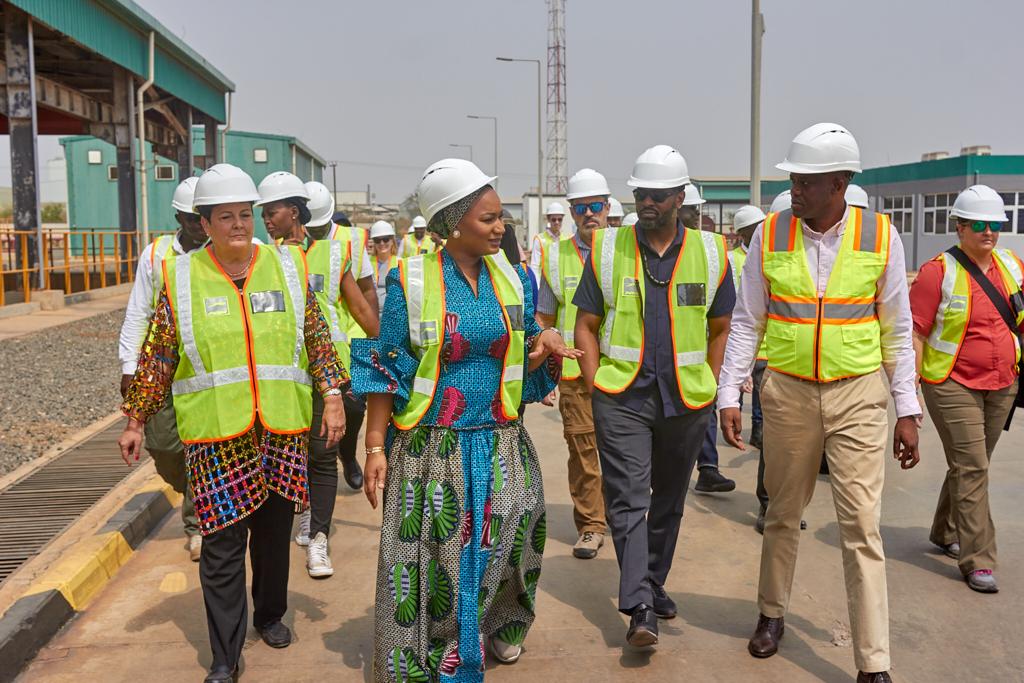

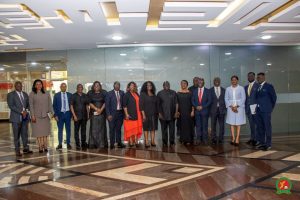


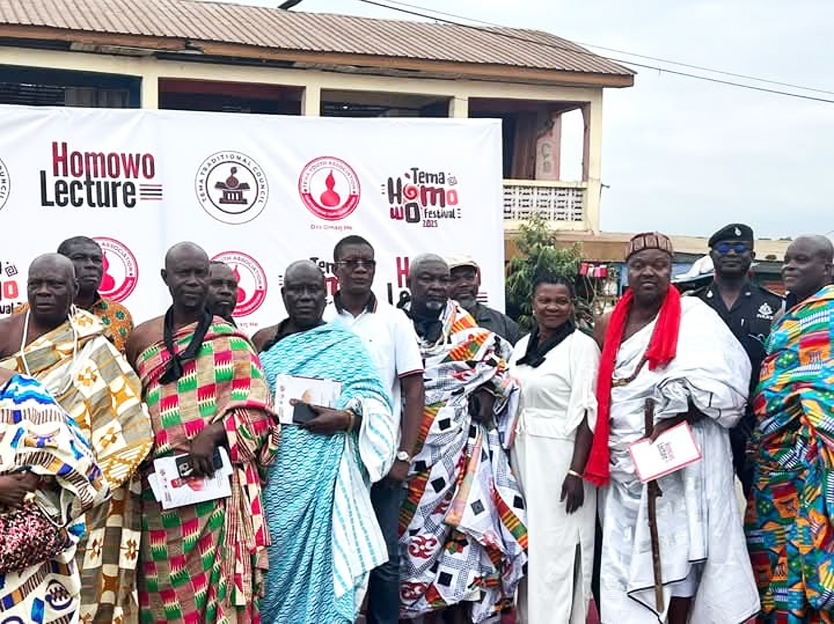




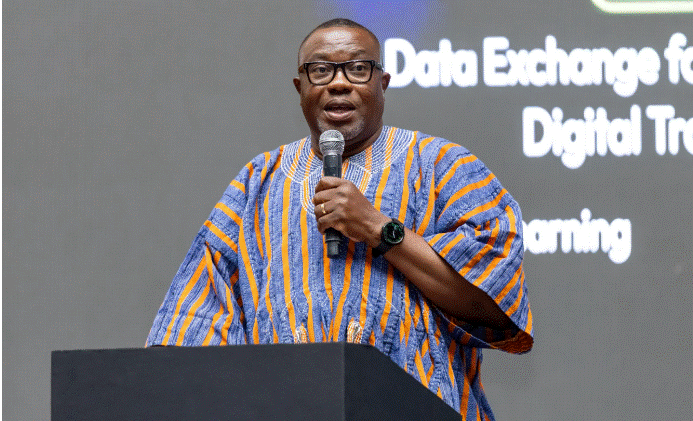
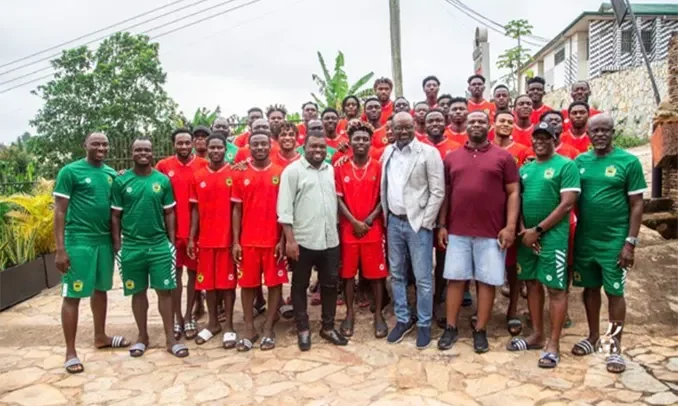


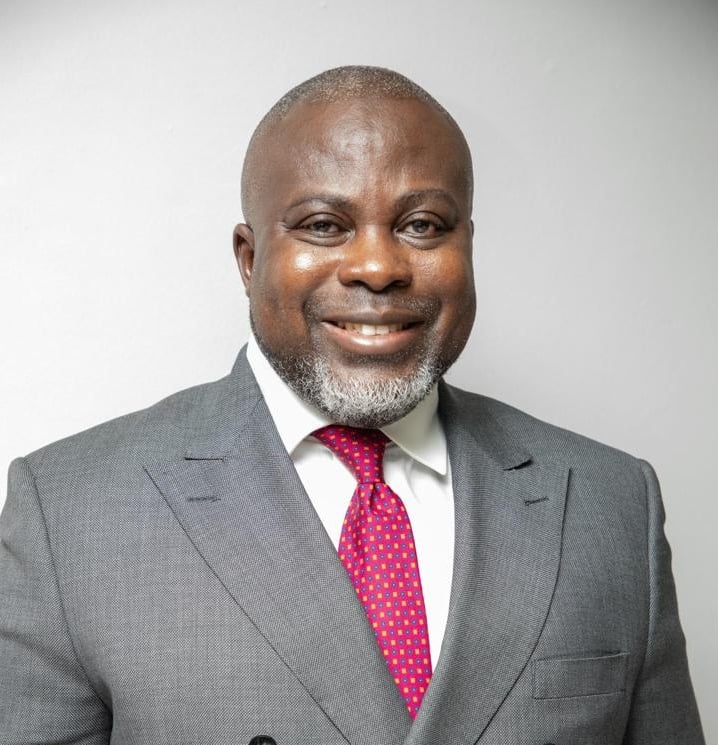

Facebook
Twitter
Pinterest
Instagram
Google+
YouTube
LinkedIn
RSS